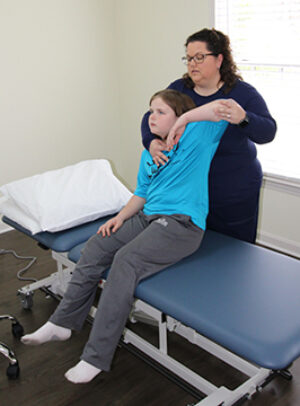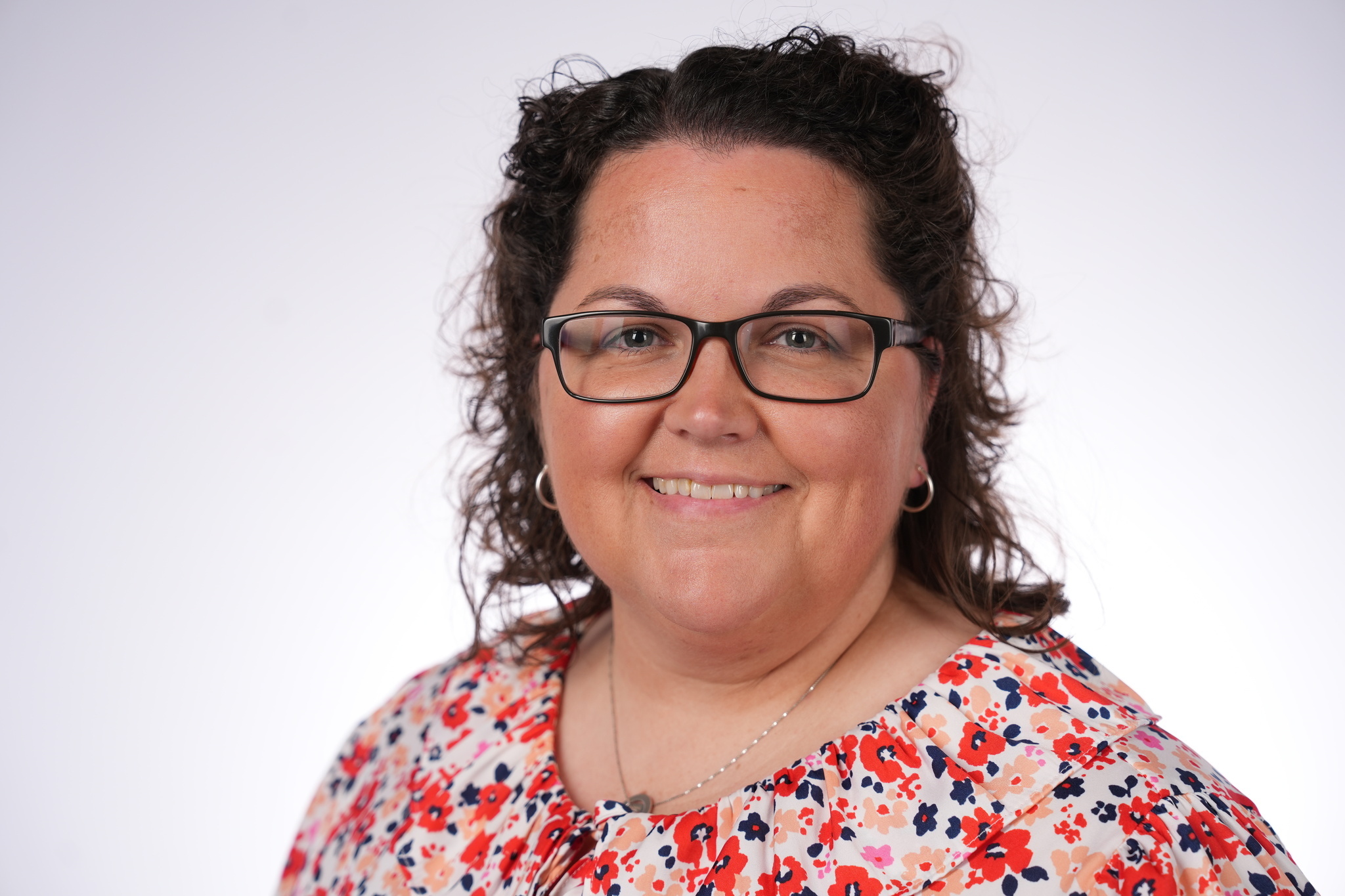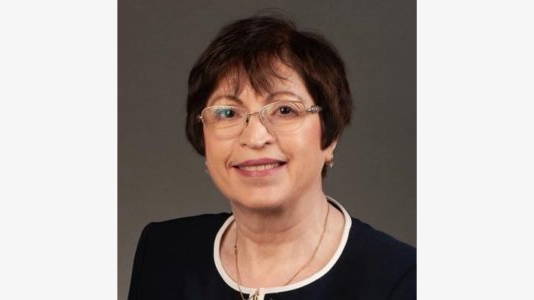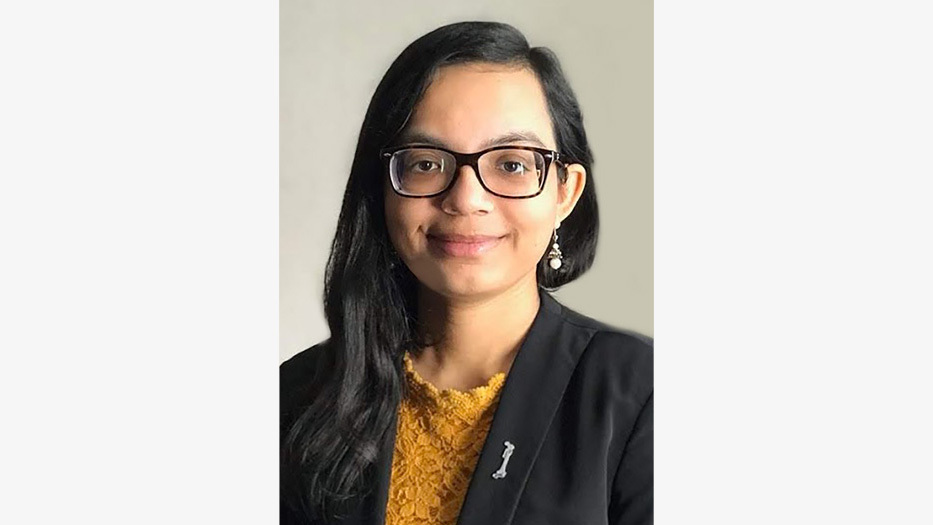Dr. Raines: When I was in college in the early 2000s, I thought I was going to be a veterinarian.
Then 9/11 happened, and I felt called to join the army. There was not a veterinary job in the reserves in my area, but they said, “You can be a medic.” So that’s what I did - I became a medic.
At the beginning of the war, I was deployed backfilling an Emergency Room (ER) at Fort Knox. The doctors I worked with there said: “Forget this veterinary stuff. You should go into medicine.”
These were burnt-out, overworked ER docs - it was very clear they didn’t love their jobs. It wasn’t the most compelling sales pitch.
But a few years later, I was on a medical humanitarian mission in Bolivia with some DO family medicine residents. The DOs had such love for what they were doing. There we were, in the middle of nowhere in Bolivia, and they were doing Osteopathic manipulations with such passion for the patient.
That inspired me.
We had a DO school in Kentucky, so I went there. I’ve never really imagined doing it any other way.
AOF: That’s so wonderful. It’s not often you hear someone say they chose their career path because of the joy and passion they witnessed in others.
If I could find those DOs today, I’d definitely thank them.
AOF: So would we. In addition to your new private practice - congratulations on that, by the way - you’re also the Director of Osteopathic Education for the University of Kentucky Rural Family Medicine Residency program. And you’ve been in that role for awhile. Can you tell us more about your work with residents?
Dr. Raines: I was born and raised right here in Kentucky. When I did my predoctoral fellowship at Kentucky College of Osteopathic Medicine in Pikeville, I took an additional year to study Osteopathic Manipulative Medicine specifically. I’ve always been passionate about OMM - I think it’s an essential part of the art of Osteopathic medicine, part of what makes us unique in medicine overall.
The American Osteopathic Association accredited residency program I went through was interested in incorporating more Osteopathic manipulation within the program, and a fellow resident and I both had a strong interest and experience in manipulation. So, we sort of built the residency program up as we were training. We were leading the OMM aspect of the program while also learning family medicine.
I still work with residents once a week, and my goal is always to turn out Osteopathic family physicians who do everything: manipulation, excellent patient care, good patient relationships. That’s another strong passion of mine - to make sure students see how to incorporate Osteopathic manipulation into their clinical rotations rather than siloing it off as an aside.
AOF: That’s something we have in common, the commitment to supporting students and residents.
Dr. Raines: Absolutely. The American Osteopathic Foundation puts a big focus on students – through scholarships and awards - and for residents. Those people really are the future of the Osteopathic profession. If we can build them up and empower them to be what we want Osteopathic medicine to be, they will carry that into the future. The AOF has invested in the profession for decades enabling and encouraging each new generation to become the best DOs that they can be.
I knew about the AOF in the periphery for a while. And then the Kentucky state society nominated me for AOF’s State Emerging Leader Award a few years back, which I was very grateful to receive. About that same time, I had a leadership role within the AOA. Many AOF board members are also involved with the AOA, so I began to meet and become friends with many of them.
The AOF’s dedication to the community inspired me to give back, and I’ve been happy to review awards in the years since I was granted mine.
AOF: You’ve been making such a difference in Osteopathic medicine in Kentucky - we are honored to support your work.
Has working in the field of Osteopathic medicine changed or challenged your perspective on healthcare? In what way?

I definitely believe that Osteopathic medicine can change healthcare for the better.
Our hands-on physical exams make a very real difference to patients. I had a patient who told me “My shoulder has been hurting for 15 years, and you’re the first person who’s ever actually examined it.” The first person. 15 years is a long time to wait.
We’re changing the way healthcare is delivered. Osteopathic physicians are trained to rethink the delivery of medical care, we look at whole systems, whole people, and really figure out what’s wrong. And when you add in the lifestyle coaching and health maintenance, the self-healing aspect of things, we can really change the outcome for our patients.
You don’t really see it until you’ve truly been immersed in Osteopathic medicine, witnessing the difference between how non-Osteopathic practitioners practice and how we do.
When you really realize and experience the contrast, and the impact, it’s amazing.
AOF: What, if any, are the unique challenges to the presence of Osteopathic medicine in Kentucky?
The school here in Kentucky graduated their first class in 2001, so we’re still less than 25 years into putting out DOs into this community. There’s still a definite lack of clarity and understanding, and a lack of awareness of the benefits of what we can do with Osteopathic manipulation.
I remember a patient I was treating saying “Oh my gosh, this is helping so much, what is this? Is this something new?” And I told her, well, no, Osteopathic medicine dates back to the 1800s. And she got a little mad at me. She said, “Well then why hasn’t anyone ever told me about this??”
AOF: You’ve certainly been trying to get the word out!
Exactly! So our task is building awareness, offering a different perspective to the general public.
Here in Kentucky, a lot of folks are living below the national poverty level. The access to care is not always great. I hear stories every day about people who have insurance, but can’t afford to use it because their deductibles and copays are too high for them to pay.
Osteopathic medicine was started by someone who saw a problem with the healthcare system of the time and said, “We should probably do this differently.” It’s our tradition and responsibility to keep finding ways to make healthcare more affordable, more accessible, and more meaningful.
I think that’s where we’re really missing the mark right now in this country. People are going to the doctor, they’re spending, spending, spending, but they’re not getting better. They’re not getting healthier. We’re not making those visits to the doctor meaningful.
DOs are well positioned to provide more affordable primary care, because we’re comprehensive and hands-on. We are trained to use diagnostics to pare down imaging and referral needs. We have the unique ability to keep direct primary care fees low and include everything within those fees. Our patients can transition to catastrophic healthcare coverage for major events, and primary care can become what it was intended to be - about 90% of a person’s care. A meaningful 90%.
AOF: When you look back on your legacy, what would you like your impact on the profession, on Kentucky, or even on the world at large to be?
I think if my patients look back and say, “Dr. Raines was my doctor, and I was grateful and proud for her to be,” I’ll have accomplished everything I hoped to do. I’m here for my patients. If people remember me as truly embodying what it means to be an Osteopathic physician, that’s everything.
If along the way I can affect change, serve as a champion for the direct primary care movement, and help shift the needle on the healthcare system overall, that will be a huge win.
We do that by finding ways to protect the legacy of Osteopathic medicine within the big numbers game that often hides within the modern hospital medical system that strives to make as much money as possible to survive. We need more teachers with time and funds to show students how Osteopathic medicine can and should be done to improve patient outcomes- with hands-on care that has always defined our practice.
We need to keep the legacy, and the heartbeat, of Osteopathic medicine strong.
At the American Osteopathic Foundation, our mission is to support DOs like Dr. Raines at work across the country and around the world, so that they may continue to bring hands-on, compassionate, and effective medical care to more patients each and every year.
To nominate an Osteopathic leader for an award, or to apply for a scholarship or grant, visit our Grants, Scholarships, and Awards page. To volunteer, please contact Terry Sanders. To make a gift to the American Osteopathic Foundation, please visit our Online Giving page.
Together, we can continue to elevate Osteopathic medicine and the dedicated DOs who provide it.



